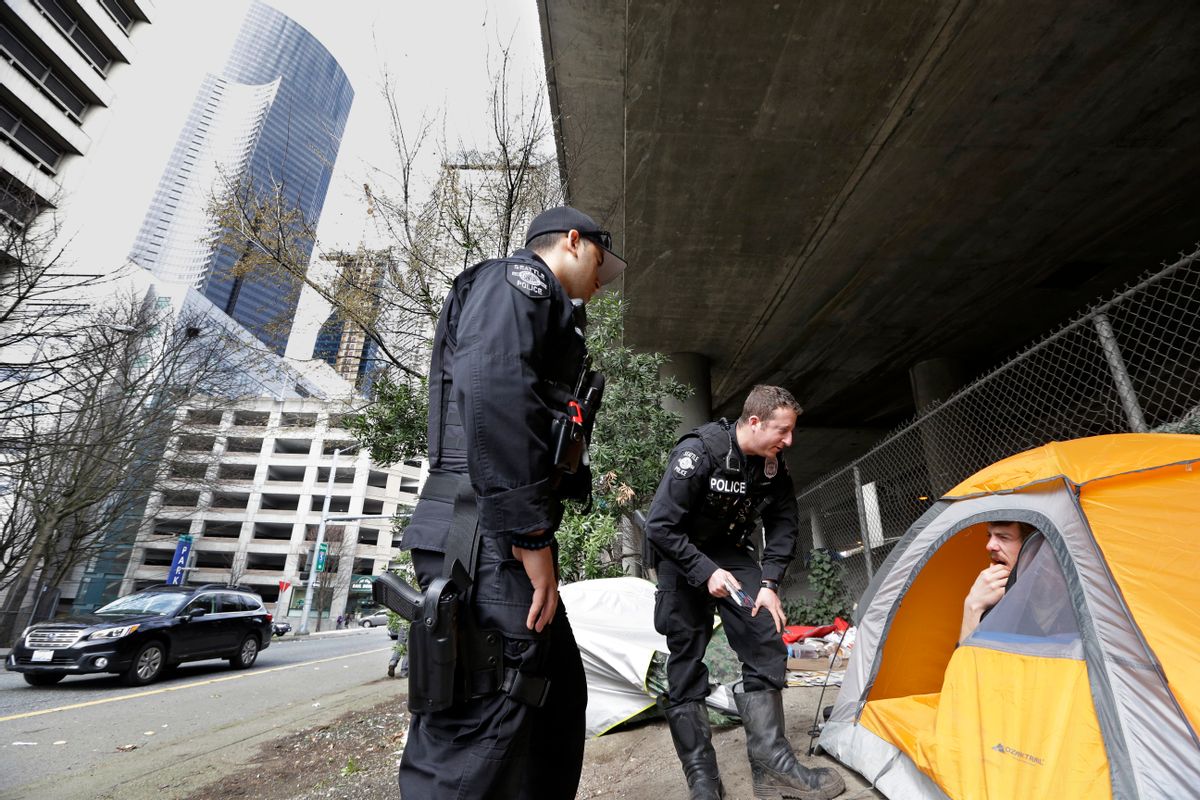You’ve heard me talk about inequalities of income and wealth and political power. But another kind of inequality needs to be addressed as well: widening inequalities of place.
On the one hand, booming mega-cities. On the other hand, an American heartland that’s becoming emptier, older, whiter, less educated, and poorer. Trump country.
To understand what’s happening you first need to see technology not as a thing but as a process of group learning — of talented people interacting with each other continuously and directly, keying off each other’s creativity, testing new concepts, quickly discarding those that don’t work, and building cumulative knowledge.
This learning goes way beyond the confines of any individual company. It now happens in geographic clusters – mostly along the east and west coasts in places like Seattle, San Francisco, Los Angeles, New York, Boston and suburban Washington D.C.
Bright young college graduates are streaming into these places, where their talents generate more value — and higher wages — together than they would separately.
As money pours into these places, so do service jobs that cater to the new wealth — lawyers, wealth managers and management consultants, as well as cooks, baristas and pilates instructors.
Between 2010 and 2016, according to Brookings, nearly half of America’s employment growth centered in just 20 large metro areas that are now home to about a third of the US population.
One consequence is a more distorted democracy. California, now inhabited by almost 40 million people, gets two senators — as does Wyoming, with just 579,000.
Even though Democratic Senate candidates in the 2018 midterm elections received 18 million more votes than Republican Senate candidates, Republicans still gained 2 more Senate seats.
A second consequence is turbo-charged gentrification in these mega-urban clusters, creating growing populations of poor who have been stranded.
These gleaming cities are becoming the most Dickensian locales in America, with homelessness and squalor among luxury high-rises and trendy restaurants.
So as the American middle class disappears, the two groups falling most perilously behind are white, rural, non-college Trump supporters, and the very poor inside America’s trendiest mega-urban centers, who are disproportionately black and Latino.
This inequality is unsustainable. It’s literally tearing America apart.

Shares